How small businesses adapted to survive and thrive during the pandemic
From providing takeaway meals to using video-conferencing apps, business owners tell Samuel Osborne how they confronted the ‘new normal’

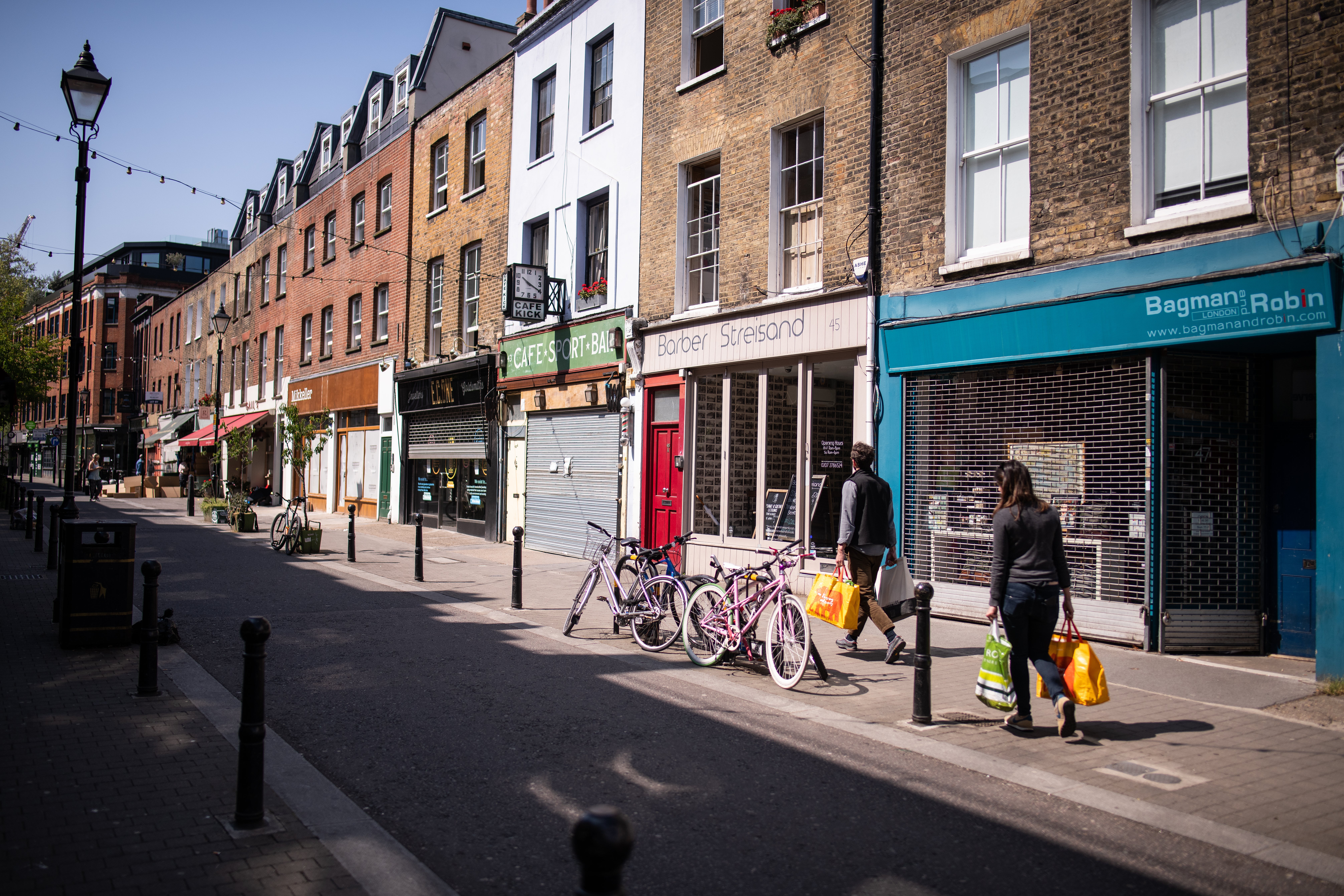
Small businesses in England have been forced to adapt in order to survive the devastating impact the coronavirus pandemic and two national lockdowns have had on shopping habits, socialising and day-to-day life.
Some pivoted from serving food in sit-down restaurants to providing takeaway meals in cafes or shops, while others turned to video-conferencing apps such as Zoom to provide virtual events like pizza-making or cocktail mixing classes.
The pandemic has even proven to be a boon for some businesses, such as one which now sells kits to allow people to grow their own vegetables at home, or another which allows kitchen owners, salons and even offices to rent out their commercial space to other businesses or professionals when it is not in use.
A report by Yell Business broke down the ways many business owners had adapted, with three quarters (76 per cent) of small and medium businesses introducing new services, including 34 per cent now doing online video consultations or viewing, 32 per cent taking online bookings and 25 per cent doing home delivery services.
Of those, more than half (52 per cent) said the introduction of a new service was crucial for them to survive the pandemic, with 88 per cent saying they planned to continue the service even after the impact of Covid-19 lessens.
Small business owners spoke to The Independent about how they were affected by the pandemic and the various ways they have adapted to survive and even thrive.
Opening a pop-up
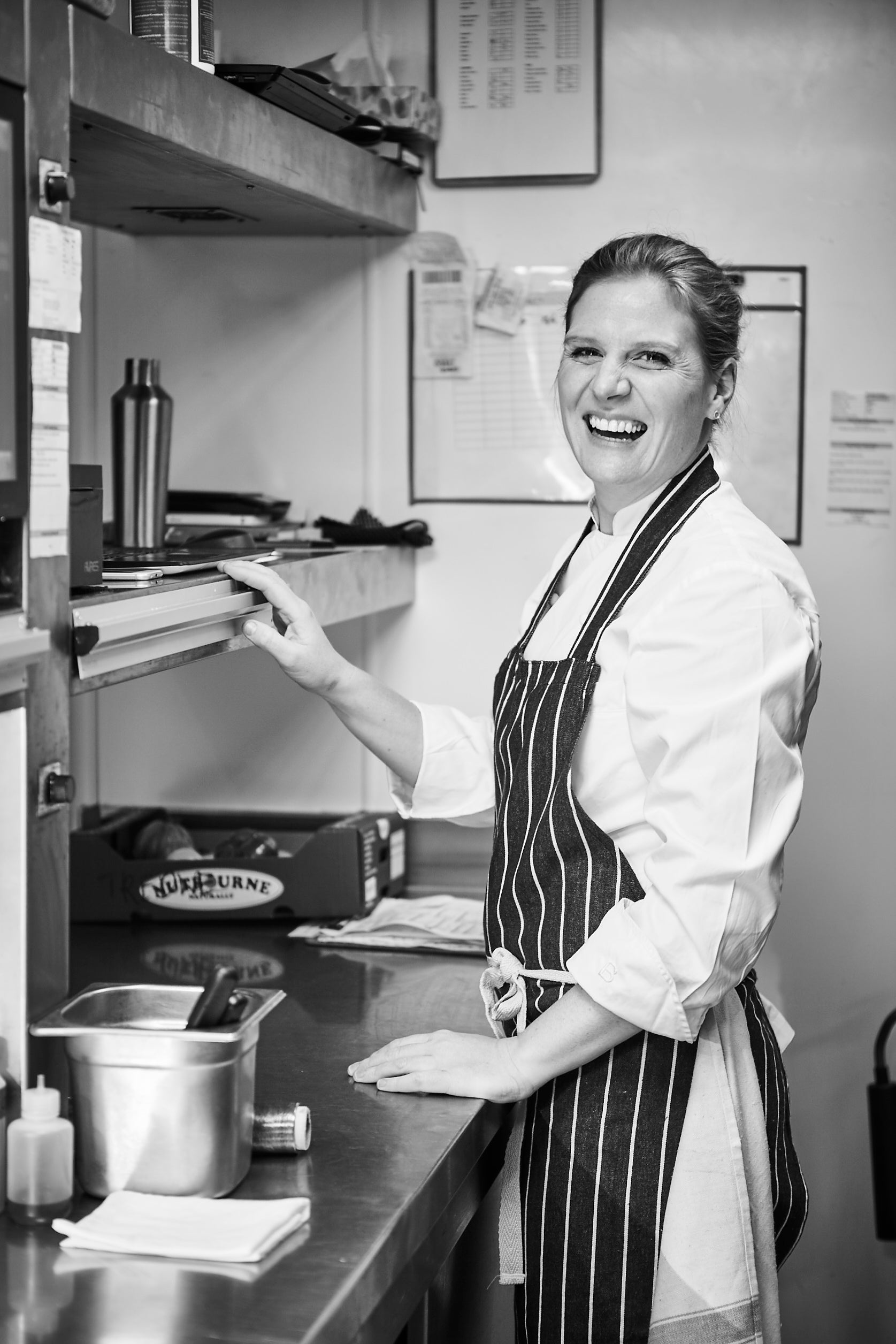
Chantelle Nicholson runs Tredwell’s restaurant in Covent Garden, central London, but when the coronavirus hit she was left with twice the amount of staff she needed to run the venue. She decided to open a temporary pop-up restaurant named All’s Well in Hackney, east London, with half the team, which she says was “more for mental stimulation and keeping everyone positive and active than a money making venture”.
Although England went into lockdown after just five days of service, Ms Nicholson was able to transform the restaurant into a shop and takeaway. “Business was pretty up and down over the lockdown,” she says. “There was no rhyme nor reason to it, in many respects.”
As most of England continues in lockdown and the UK begins vaccinating its population against Covid-19, Ms Nicholson says she will continue to offer takeaway food and cocktails, even when the restaurant returns to “actually serving food on plates”.
She also says the pandemic has highlighted the importance of supporting small local businesses. “The notion of neighbourhood has really come into play. You get to know your neighbours, whereas before you just had blinkers on and were just trying to survive. It's about supporting each other now, and that sense of collaboration has become really important.”
Supply chain
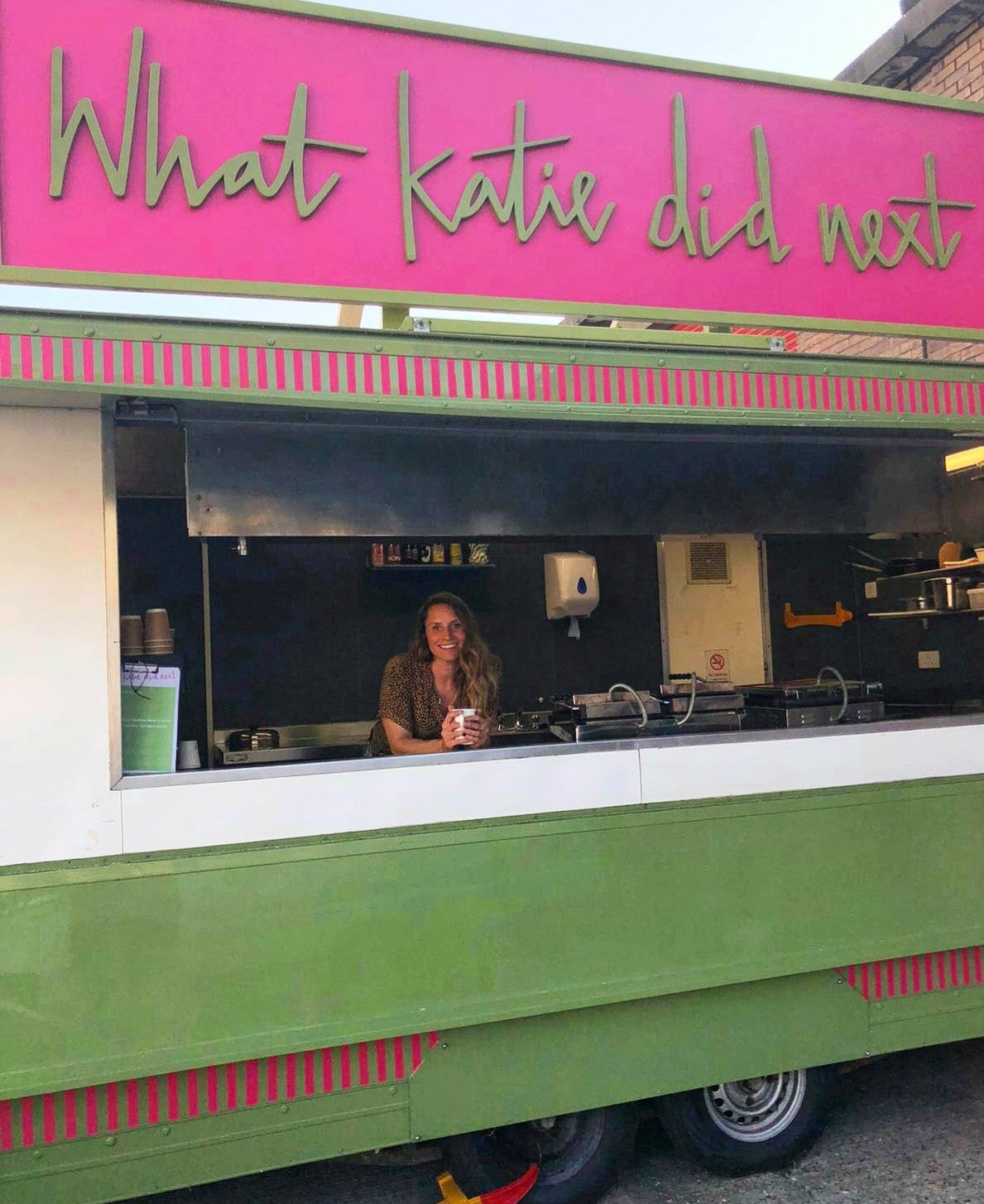
Before the pandemic, Katie Holton ran a catering company with a friend based in Hackney Wick, London. She says they lost 95 per cent of business within the first few weeks of the pandemic.
Initially, she volunteered at a restaurant to make food for vulnerable people during the first lockdown and delivered grocery boxes, but says she found the boxes to be “not lucrative and pretty exhausting”.
Instead, she bought a trailer and set up a cafe in Hackney Wick, named What Katie Did Next, which she says enjoyed a busy summer and became popular during England’s second lockdown. Ms Holton says all of the cafe’s suppliers are other small local providers, adding: “We’re trying to support other small businesses. What’s come out of the pandemic is a need for us in hospitality to support each other, and encouraging people to support local businesses.”
Grow your own
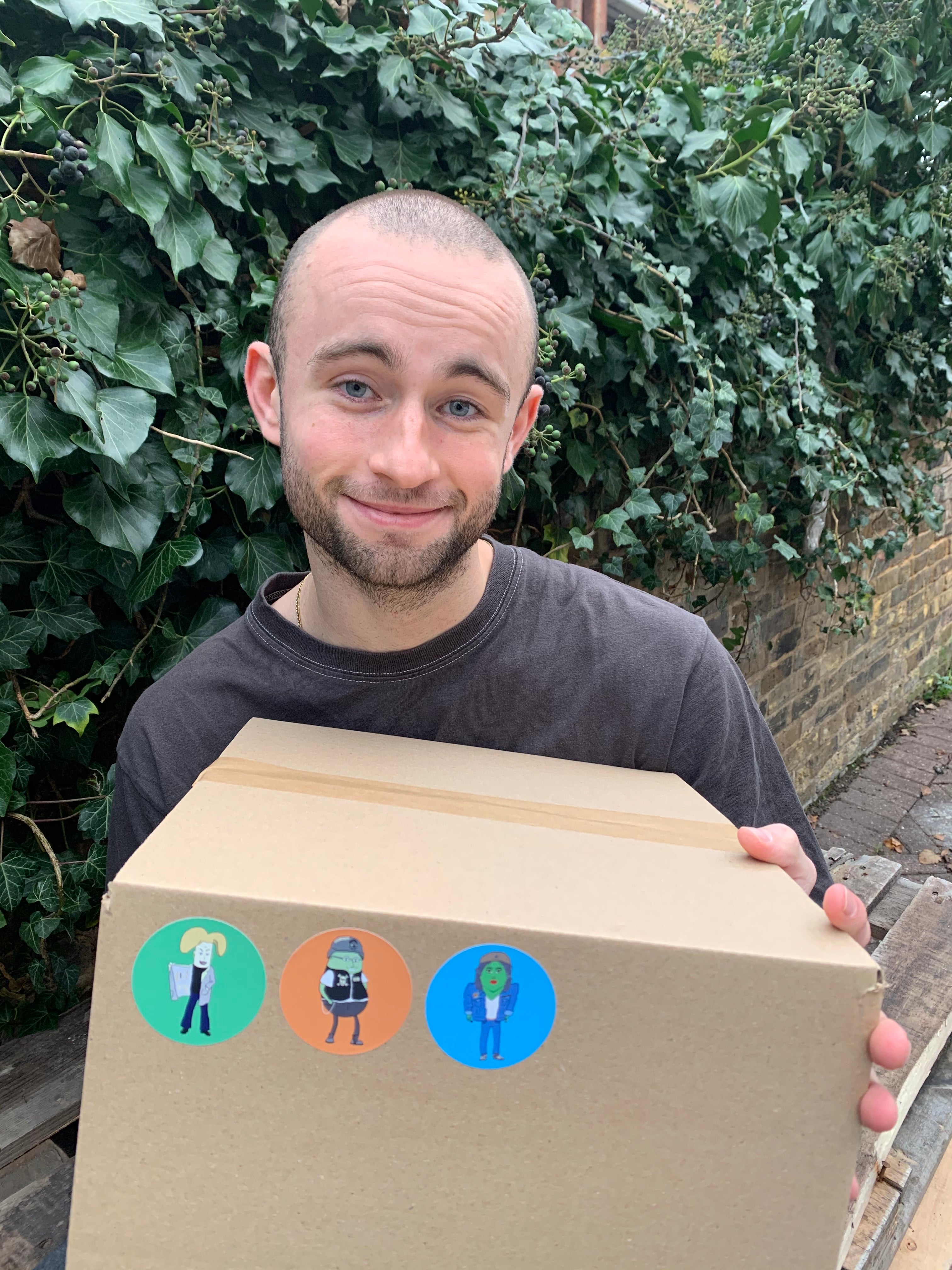
As people adjusted to life in lockdown, many turned to growing their own vegetables and herbs at home. Noticing a growing green thumb trend, Sam Smith set up Pot Gang, a subscription service that sends out a monthly box of different types of seeds for people to plant, along with instructions, pots and compost.
He says the business has been popular as customers are spending more time at home and “looking for things that are a nice activity they can do with their families or on their own that they can see progress with”.
He adds: “You feel like they are your little babies, it just makes you feel really good. People wanted to love their homes, there was a refreshed value on where you live. Just having things that are a nice vibe or feature to have in your home has become more and more important.”
For Mr Smith, “lockdown has been a blessing” as more people decided to “be more resourceful, take care of their mental health and do things that make them feel good”.
He offers his advice to others who may be considering starting their own business amid the pandemic. “In terms of starting out, my advice would be that no time is the perfect time to start something. Just go for it and make it happen and learn as you go. I was observing how people were living their lives and how it was changing, analysing my own life and the problems I was finding within it. By keeping your eyes open and working it out, you can create something that doesn’t exist to solve a problem or do something that already exists but better.”
Virtual events
Ordinarily, events booking platform Feast It served as a hub for people to book services such as caterers, photographers and florists for weddings, offices and birthday parties.
But “those were all hit immediately by Covid”, co-founder Hugo Campbell says. “That whole market was turned off overnight and is yet to come back.”
Now, Feast It has pivoted to offering virtual events such as pizza-making classes with the chef from Pizza Pilgrims, as well as cocktail mixing classes or wreath-making experiences.
The company will stick with its virtual offerings even when England emerges from the latest restrictions, Mr Campbell says, as he believes many people will still want to work from home.
He says: “I think there will continue to be demand for virtual events because lots of teams are going to be working remotely. That’s going to continue into next year. Even if people are allowed back to work, that still doesn’t mean they’re going to. People have got very used to working from home and really like it. Also, companies have given up their offices or moved into smaller offices and it feels like that shift to a much more remote culture is going to stick.”
Mr Campbell also stressed the importance of supporting small businesses during the pandemic, adding: “We work with thousands of suppliers and they have been hit in the same way we have. They have been really amazing at finding the optimistic parts of this.”
Online marketplace

Last year Callum McPherson founded Occupyd, an online platform that connects businesses and individuals looking for workspace with companies looking to make use of their extra capacity.
Initially, the site catered to kitchen owners who rented out their space when it was not in use to food delivery companies such as Deliveroo and JustEat. He says during the course of the pandemic the companies “have had a growing demand and a bit of a dwindling supply because there are fewer restaurants than there used to be”.
The platform grew during lockdown, bringing on kitchens, cafes, pubs and catering companies. “Anyone who has the space that they are not using to their full capacity. A cafe which closes at 3pm is a good example of that,” Mr McPherson says.
He says the service has helped businesses find new sources of revenue during a difficult time. “We work with food businesses and we give them a new source of revenue, so we were there at a good time for them. The demand for food delivery has accelerated very quickly over the lockdown period. We also allow hairdressers and salons to rent out chairs to freelancers and even offer office space now companies perhaps don’t have to have their whole team in every day.”
He adds: “We’re all about shared commercial space. The need for our service is just going to grow and grow because of the economic conditions the pandemic is leaving us with.”
Making music
James McAulay describes his website Encore as being “like Airbnb for booking musicians”. He says thousands of musicians have signed up to the platform, which customers used to book acts to perform at weddings, parties and conferences before the events industry “completely collapsed” in April.
“We went from receiving thousands of enquiries every month to a handful. It was really devastating and really hard, not just for us but for our musicians as well, who since March have been almost unable to perform,” the co-founder says.
Encore decided to offer personalised music messages, allowing customers to commission one of their artists to say a message on video and then sing a cover of a song. “We had people sending songs to their grandparents who were in a care home, or sending a song to a doctor who has barely been sleeping and on the frontlines dealing with Covid,” Mr McAuley says.
The site is now helping companies book entertainment for virtual Christmas parties such as a Christmas No 1 workshop, where teams rewrite the lyrics of a Christmas song, design their own album covers and then have a musician perform the altered lyrics.
Mr McAuley says although Encore wants to go back to live events, he thinks a lot of companies will still face the challenge of how to keep teams entertained and engaged as they continue to work from home over the next few months.
Corporate cookalongs
When the first lockdown was implemented, many traditional jobs faced the prospect of moving their services online. Wunmi Durosinmi-Etti, a corporate events caterer, decided to offer a home delivery service of Nigerian fusion food, which she described as a “drastic turnaround”.
Ms Durosinmi-Etti then decided to offer online cookalongs, and hosted events for corporate companies over Black History Month in October, an idea she says has “snowballed” into recipe boxes and Christmas hampers.
She explains: “It has been a lot of trying whatever is going to get me money but is also something that is sustainable for the long term. This period made a lot of us rethink our business plans and business strategies.”
“You should be flexible in business,” she adds. “We’ve seen some massive corporations go right under and this surge of small businesses ‘taking over’, doing really great things in this time in which we thought we were all doomed. It’s the flexibility of small businesses that have allowed us to thrive during this period.”
Bookshop tours
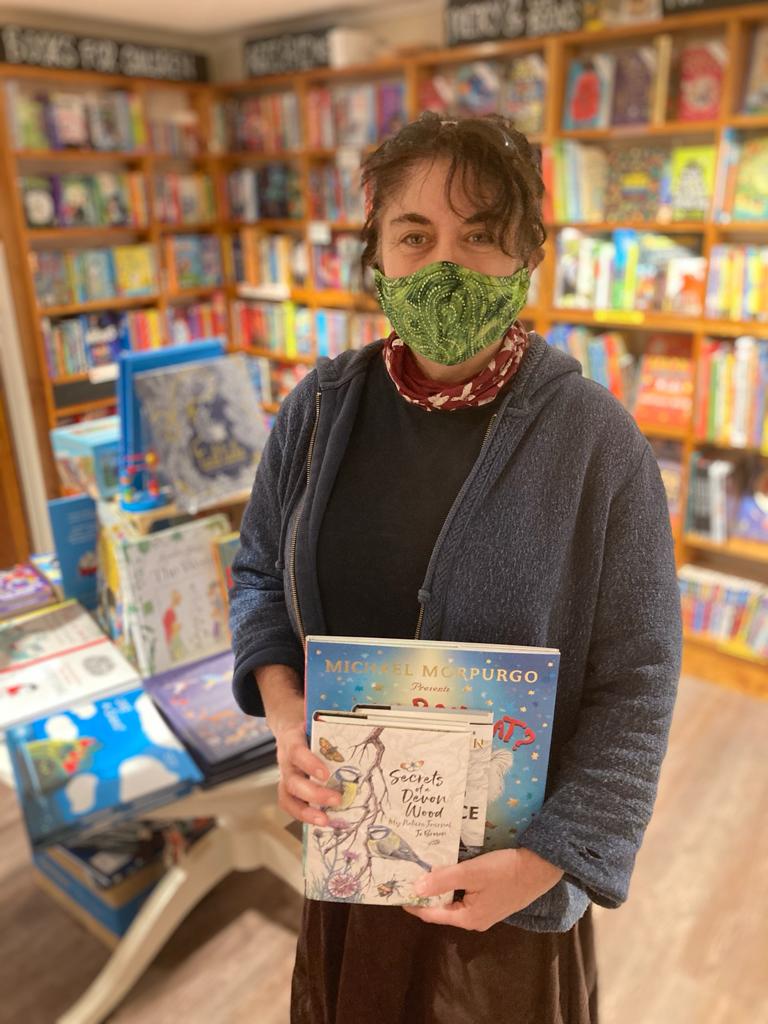
Dee Lalljee, who manages Crediton Community Bookshop in Devon, offered virtual tours of her bookshop to continue to provide its services during the pandemic.
She says people have missed the “opportunity to browse and get expert advice about books”. Customers are able to book an appointment to browse the shop virtually, which Ms Lalljee says gives staff “an opportunity to have a proper chat with them about what they’re after”.
She adds: “We can show them the shelves and sometimes things catch their eye and we can show them the books. Obviously it’s not the same, but it seems to go a long way to bridging this gap that has occurred between website-selling and real-life contact. It does feel like it’s the human contact that people are missing.”
Join our commenting forum
Join thought-provoking conversations, follow other Independent readers and see their replies
Comments